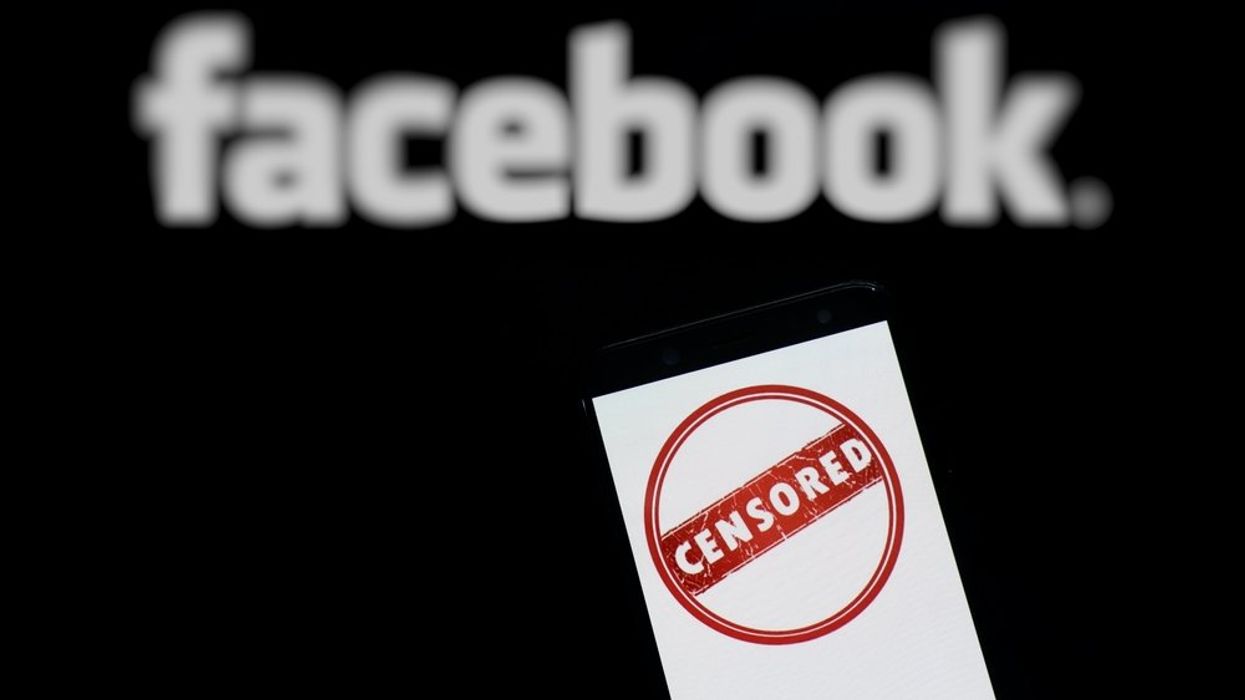Facebook and Instagram's parent company Meta is threatening to block news content on its platforms in California if a law requiring them to pay publishers passes.
The California Journalism Preservation Act (CJPA), AB 886, would simply divert more of the ad revenue social media platforms earn off of journalistic content back to local news outlets, which the bill calls a “journalism usage fee." News outlets are also required to devote 70 percent of the funds to journalism jobs.
The Media Guild of the West, the union that represents journalists at the Los Angeles Times, the Southern California News Group, and other major publications in Arizona and Texas, praised the bill for ensuring "that major platforms fairly compensate local newsrooms for the journalism they produce."
They also noted a recent "nationwide decline in the production and availability of quality local journalism," as newspaper newsroom employment has dropped 57 percent in the last fifteen years. The legislation, they said, is a step towards rectifying that.
In a statement posted to Twitter (which is not a Meta-owned platform), Meta threatened claimed that they should not have to divert more ad revenue to platforms, and threatened to block news content in the state if California's legislation passes.
“If the Journalism Preservation Act passes, we will be forced to remove news from Facebook and Instagram rather than pay into a slush fund that primarily benefits big, out-of-state media companies under the guise of aiding California publishers," they wrote.
Meta claimed that because "publishers and broadcasters put their content on our platform themselves," they are entitled to the ad revenue. The Media Guild of the West argued that "Big Tech’s outsized influence over distribution and monetization of trustworthy news sources" prevents outlets from receiving a fair cut.
“The concentrated power of tech platforms such as Google and Facebook ... undercut[s] news publishers in the digital advertising market,” they wrote.
California state Assemblywoman Buffy Wicks, a Democrat from Oakland who sponsored the bill, noted that this is not the first time Meta has threatened lawmakers over similar legislation, calling it “a scare tactic that they’ve tried to deploy, unsuccessfully, in every country that’s attempted this.”
“It is egregious that one of the wealthiest companies in the world would rather silence journalists than face regulation,” she wrote on Twitter.
Meta threatened both Canada and Australia with news blockages after the nations introduced similar laws. Canadian Prime Minister Justin Trudeau criticized the company at the time, saying that the threats showed how “deeply irresponsible and out of touch they are.”
In Australia, after the country implemented the law, nonprofit News Media Alliance noted that it was widely successful, and "resulted in countless jobs for local journalists and $140 million to news outlets."
"Meta’s threat to take down news is undemocratic and unbecoming," the organization concluded, adding, "As the tech platforms compensate news publishers around the world, it demonstrates there is a demand and economic value for news."
- School District Sues Social Media Companies for Harming Students' Mental Health ›
- AI Is Exploiting Humans — and Their Resources ›
- Kansas Police Chief Suspended After Raid of Local Newspaper ›
- Meta Sued by 41 States For Damaging Youth Mental Health ›
- Meta Wants to Charge Subscription Fees For Ad-Free Scrolling ›


















































